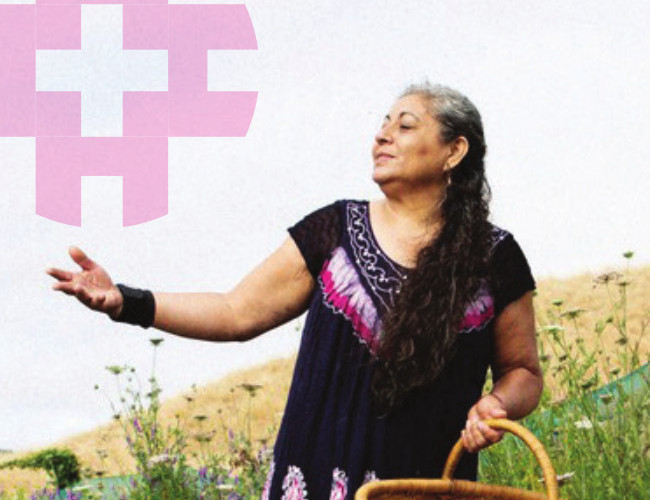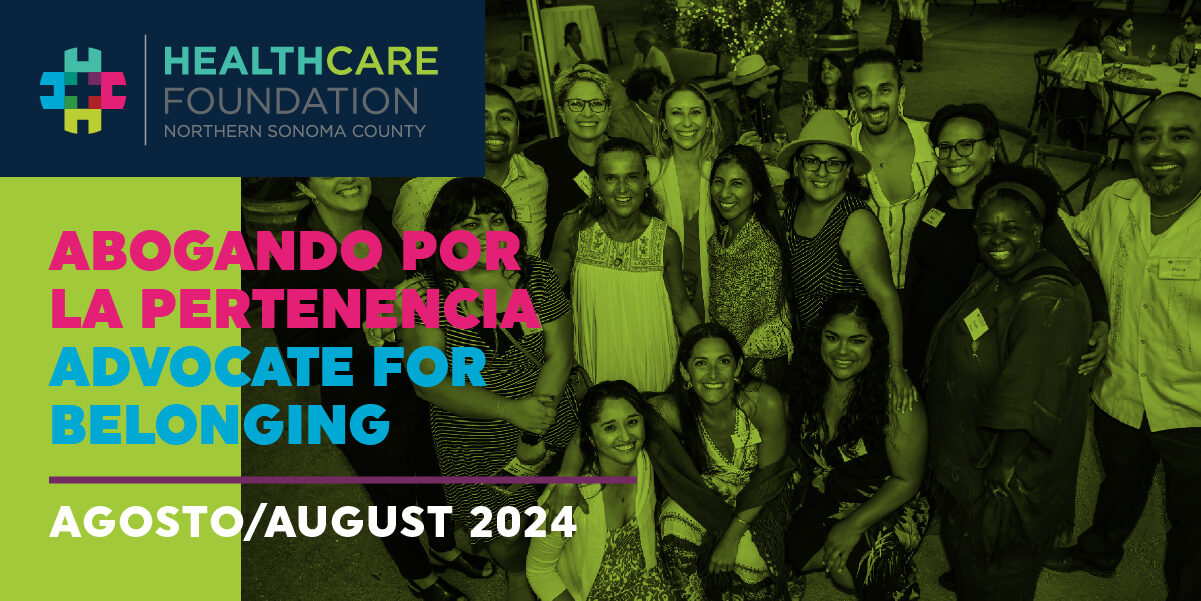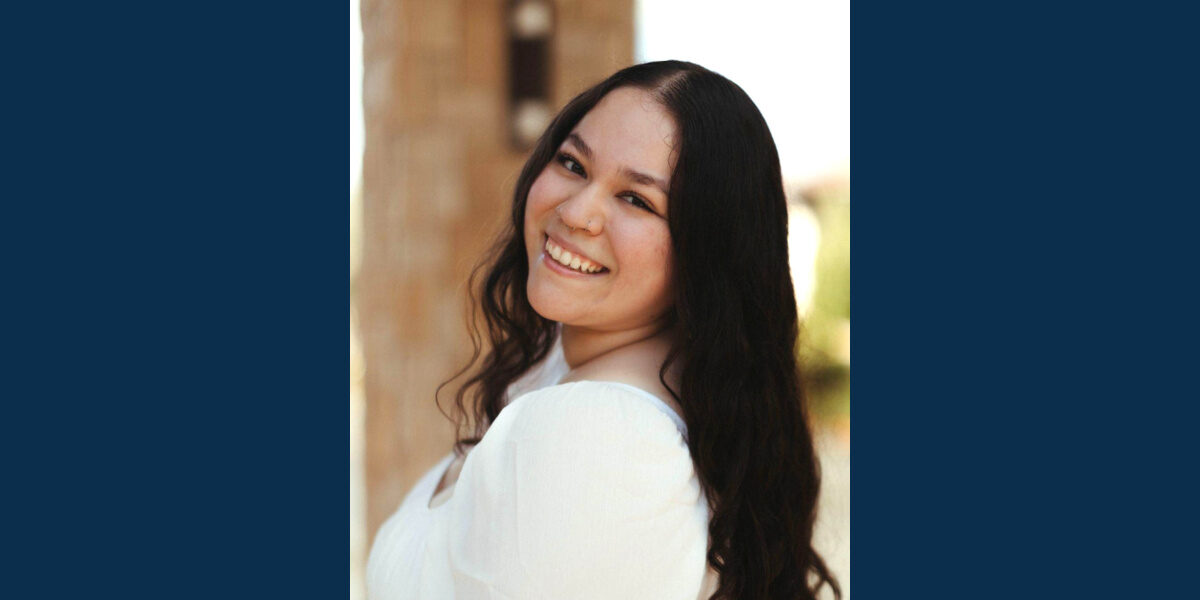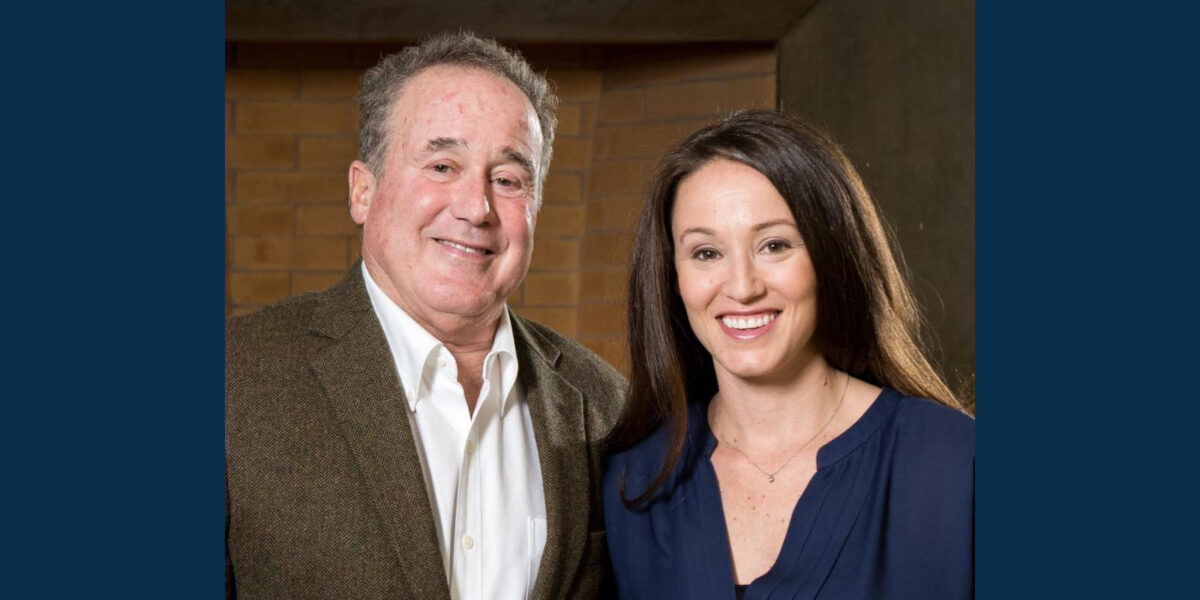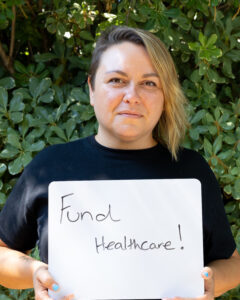
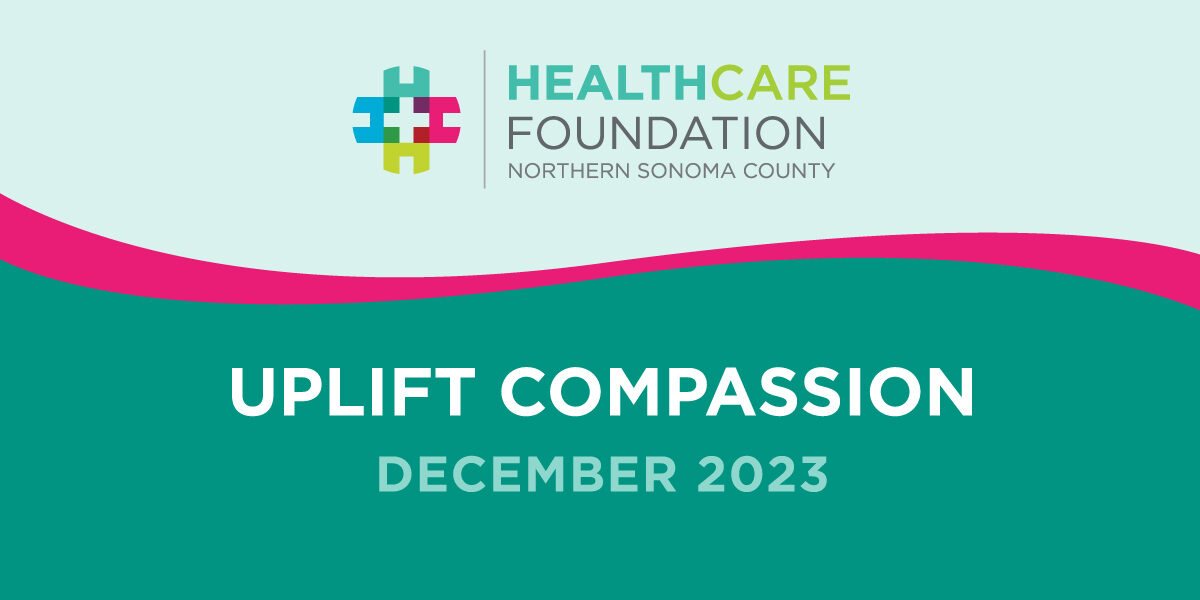
A Very Personal Story
This month, we uplift compassion for those suffering from despair. We speak with Dr. Adrienne Heinz, developer of the Safety Plan suicide prevention app; and Marc and Jeanie Kahn, who played a key role in starting our Mental Health Talent Pipeline. Finally, we catch up with MHTP graduate Yadira Esparza.
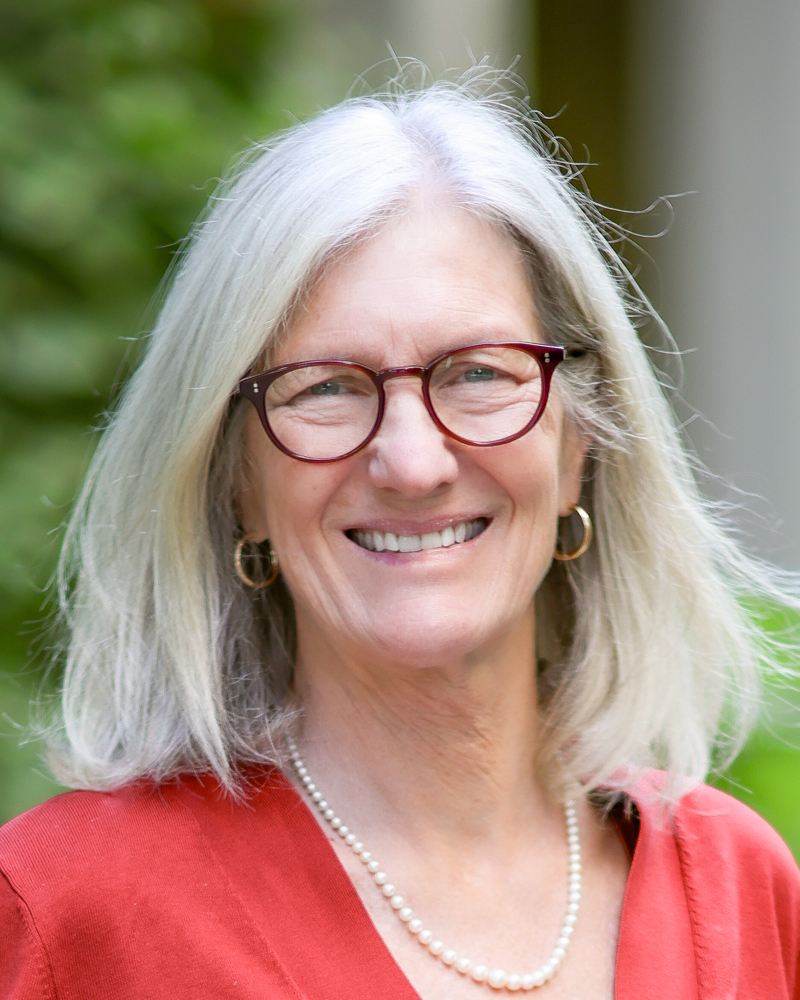
Hello Friends,
One month ago, my life was deeply affected when my younger brother died by suicide. Since then, I have learned about so many other suicides among my friends and colleagues. Each time I hear about a similar loss, my heart breaks. We dedicate this month’s newsletter to all the friends and family members that we, as a community, have lost to suicide. We uplift compassion for those who are suffering from suicidal ideation, as well as for survivors of suicide.
As I processed the reality of my brother’s death, I learned that suicide does not discriminate. While rates are higher in some groups, it is one of the leading causes of death among all Americans, of all ethnicities, and affects people of all ages. The suicide rate rose 2.6% from 2021 to 2022 in the U.S, up 36% since 2000. Sadly, Sonoma County is not immune to the suicide epidemic.
Depression can be a silent killer, and suicide is something we, as a society, don’t want to talk about. Yet the silence is a big part of the problem. The good news is that effective, evidence-based interventions are available to help people who are at risk for suicide. The Healthcare Foundation’s commitment to increasing access to mental health services is not just another core program, it is a vital one that impacts matters of life and death.
In this issue, we share an interview with Marc and Jeanie Kahn, who helped launch our Mental Health Talent Pipeline in 2018. Participants in the Mental Health Talent Pipeline now provide mental health services to approximately 800 unique clients per year. And as we grow the program, the number of clients served also grows. For more information on how the Healthcare Foundation supports mental health, please see Yadira’s moving story below, and our 2023 Impact Report.
As my colleague and Healdsburg resident Dr. Adrienne Heinz writes below in her courageous personal story about her brother, the holidays are especially tough for people suffering from depression. Adrienne shares how her experience led her to develop an innovative suicide prevention tool called Safety Plan.
Thank you for uplifting compassion for those among us during the holidays who are experiencing depression or loss, and for joining us in our commitment to making access to mental health services a top priority. We cannot do this vital work without you.
With the deepest compassion,

Kim Bender
Executive Director
Feeling Suicidal? A Plan Could Save Your Life
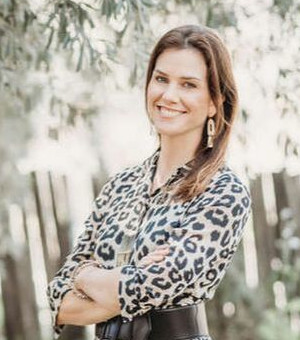
The holidays hit the hardest. He would have been 40 this year. My little brother Austen and I were 16 months apart, peas and carrots as they say. I went to the University of North Carolina. He went to Duke, nine miles down the road from me. I became a psychologist, probably to figure out our childhood wounds, and he became a genetic scientist. His journey took him to South Korea where he invented a laser that could sequence and print genetic material cheaply and accurately.
Austen had grandiose and ambitious plans to transform modern medicine and he faced a serious existential crossroads. He ultimately decided to commercialize the laser. This meant leaving his graduate program, moving across the world from his fiancée, living on my couch in San Francisco, and building a business from absolutely nothing.
Austen raised over $10 million, opened a laboratory near the San Francisco Giants stadium, hired a cracker-jack team, recruited leading scientific advisors, presented his ideas at conferences around the world, and built that laser. He was touched by fire, and then…
The pressure, overwhelm, and loneliness — so common to the entrepreneurial journey — started to extinguish his spark. Austen became stuck in his head, haunted by his thoughts and scared to seek the help he needed. He died by suicide in the lab where his dream had started.
A sibling is a passenger who rides alongside you, witnessing your most formative, early experiences. Your perspectives may be different, but there is no one else who can know your world like they do. Austen’s passing left a tremendous void that I’m slowly learning to live with.
As time passes and the grief becomes more bearable, I’ve allowed my personal and professional lives to collide. I forgave myself as a psychologist for not being able to save him, and as a human for under-functioning as a mother and wife in the wake of this tragedy. I’ve tried to make meaning out of my loss by helping to ensure that everyone in my brother’s shoes can get the support they need. Turns out, it would be in the form of apps.
If you or someone you know is suffering from depression and at risk for suicide, please seek help immediately. Download Safety Plan, or call the Suicide and Crisis Lifeline at 988, or learn more about mental illness and suicide prevention at NAMI.
The Mental Health Talent Pipeline Turns 5!
An Interview with Marc and Jeanie Kahn
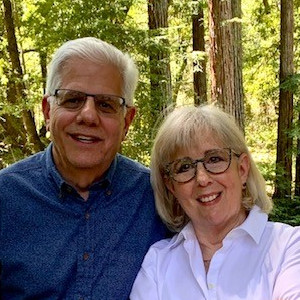
The end of a milestone year seemed a good time to take stock of where the Healthcare Foundation’s Mental Health Talent Pipeline scholarship program has come since its pilot year of 2018, and learn more about the origins of this innovative program—which to date has supported a total of 21 graduate students who, in turn, have collectively served approximately 2,500 unique clients across the region.
We reached out to Marc and Jeanie Kahn, who instigated the conversations that led to the 2018 pilot. Marc and Jeanie’s background in philanthropy dates from 1979 when they began serving on the board of Jeanie’s family’s private foundation. They eventually started their own effort, the Bancroft Foundation, to focus on access to healthcare and environmental justice.
When the couple permanently relocated from the East Coast to their Dry Creek Valley home in 2015, the Bancroft Foundation began to concentrate its funding on advancing a more equitable society in Sonoma County. Marc joined the Healthcare Foundation Board in 2022. Marc and Jeanie have been Healthcare Heroes since 2018.
They spoke to us from Portland, Oregon, during a recent visit to see their grandchildren, about the beginnings of the program, the Bancroft Foundation’s renewed commitment to its success, and their hopes for MHTP over the next five years as it continues to grow and evolve to meet the needs of the community.
Mental Health Talent Pipeline Graduate Spotlight: Yadira Esparza
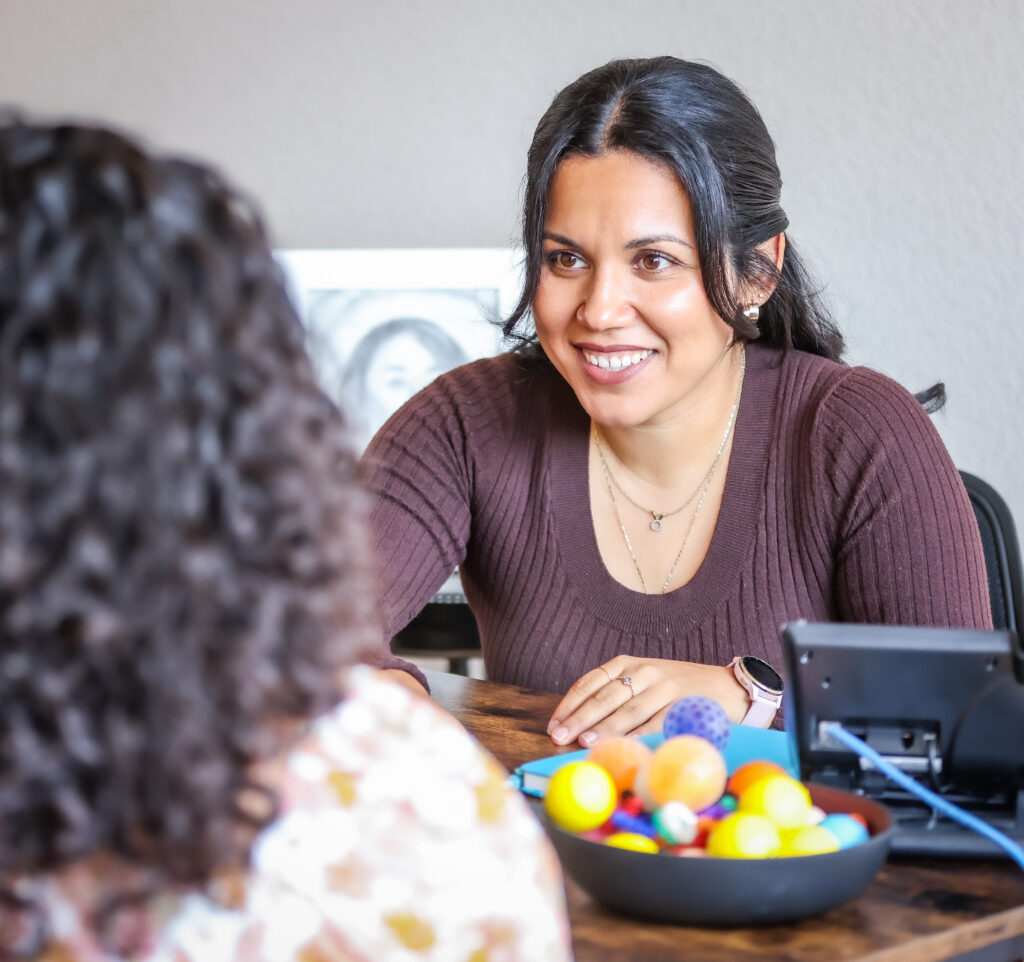
Yadira Esparza was an early participant in Healthcare Foundation’s Mental Health Talent Pipeline scholarship program, launched in 2018 to support aspiring bilingual, bicultural mental health professionals and address the critical shortage of therapists serving our region’s Spanish-speaking residents. Yadira earned her master’s in counseling psychology from University of San Francisco in 2021, becoming the first in her family to gain a graduate degree.
Born and raised in the majority-Latino Roseland neighborhood of Santa Rosa, Yadira is today a school-based bilingual, bicultural therapist for Roseland School District. She is also a therapist and counselor at Santa Rosa’s Keystone Therapy and Training Services.
“What I love most about my work is returning to the community I grew up in,” she told us when we caught up with her recently, “and giving back to my people.”
To read more about Yadira and other Healthcare Foundation partners, check out our 2022 Annual Report/2023 Impact Report here.

Related News + Stories
Invest in Our Community
Your support is vital to our collective vision of eliminating health inequities in northern Sonoma County.
Donate

